|
Anya Jones, November 2018
A friend recently asked me if Neuro Physiotherapy is much different to standard Physiotherapy. A year after surgery to remove a brain tumour left me with some significant impairments and mobility challenges, I feel I have come far enough along the journey of rehabilitation to be able to answer the question from my own perspective. There are the obvious differences of what is being treated and retrained; damage to the central nervous system versus muscles, joints and peripheral nerves, however for me the main thing I am now certain of is that Neuro Physiotherapy is completely different to Muscular Skeletal (MSK) Physiotherapy in an unexpected way. For those of us that have had MSK Physiotherapy at some point in our lives, by mid-life probably most of us, the concept of going to a Physio session for treatment and then being given some exercises to take away and do at home is familiar. However, if we are honest many of those exercises didn’t get done with the regularity and persistence requested by our Physios, even with the best of intentions (or at least that was true for me). Physio became a separate distinct element in our lives; we went to Physio to get treated, or we set aside time in which to do our Physio exercises to improve recovery. Whilst Neuro Physiotherapy has some definite parallels to this in that I see my therapist, take away exercises to practice between sessions, in my experience the fundamental difference is that I’m never really out of Neuro Physiotherapy as a part of my rehabilitation, it’s become integrated into every day life. With each daily activity I undertake I’m in Physio practising something I now struggle to do. For me it has been bending down to pick my daughters toys off the floor trying to keep to the straight line patterning my body just didn’t want to do anymore, forcing my left side that had been left weak from the damage to my brain to engage as I tried to take the next step up the stairs, trying to sit up straight or to stand in a position that wasn’t letting my body compensate, making myself look from side to side walking around the house falling into walls as my balance faltered, trying to use my weak arm as much as I could during dinner even though it was twice as hard and it didn’t always want to play ball which could get messy at times….. For me, experiencing fundamental changes in the way my body could move resulting from damage to my brain was frightening, frustrating and devastating in equal measures. And always will be to some extent I think. But refocusing on my body’s movements in the everyday has been an instrumental part of my rehabilitation to date, and makes feel feel positive in the knowledge that I’m continuously working with my brain to help it to do as much as it possibly can. Even now a year on in every daily activity I do I find myself challenging my brain to do something it finds difficult. I respect and admire my brain in a way I never did before. I find myself talking to it, encouraging it, praising it when it manages a movement it couldn’t do easily weeks ago - something I definitely didn’t do to my injured shoulder!
9 Comments
Every year The Stroke Association, a national charity supporting stroke survivors and their families, celebrate the achievements of people affected by stroke through their Life After Stroke Awards.
This year one of our partners, Elissa Benson, was nominated for an award by one of her long term patients. In recognition of the nomination Elissa attended a regional event at the Maidstone office of the Stroke Association at the end of September to celebrate all the achievements of those living through and working with stroke locally. Photos of the award ceremony can be seen here. Elissa was very pleased to have been recognised for her physiotherapy input with stroke survivors, however the real achievements are those of the stroke survivors, so many of whom really do strive to make their lives after stroke the best that they can be. Here at Neurorehab kent our ethos is 'To maximise functional independence and improved quality of life' with our focus being to enable individuals to be the BEST they can be. Stroke can be such a devastating condition not only for an individual but also for their family, that for many realising their potential going forward can be difficult. Our joined up approach to management,exercise and other well developed links to a huge variety of relevant services allow us to work with clients and their families towards this end. The journey to maximal functional independence can often be long and varied. However we recognise the long term nature of recovery and are able to support people over months rather than weeks in a variety of different settings with highly individualised programmes. We are very lucky to have access this week to a newly built studio based at Springbank Clinic in Sevenoaks as well as existing clinic space at Tonbridge Clinic. These facilities enable us to choose the most suitable environment to treat our clients be it their home, clinic, gym,pool or local community setting "We aim to maximise individual potential to promote functional independence and improved quality of life" Falls Prevention Jane and Elissa are doing a workshop at Somerset House London on Falls Prevention–focus on Neurological Conditions for the Community Therapist Network on the 7th November Triathlon update: Attitude is Everything.
"Well we did it, all four members of the NRK team completed the sprint distance Tonbridge triathlon" What a great team I hear you all cry. Well I must say that this is testament to what you can achieve with a positive attitude. I sometimes like to prove people wrong and surprise them by doing the unexpected but I also surprised myself by rising to this challenge. A few years ago I could barely run for more than a few minutes. However, with the help and encouragement of some friends I managed a 5k Race for Life. I wasn’t very fast and I didn’t run all the way but I managed it. I set myself a challenge and I made it. Again, another challenge was presented, a 10k run in London. This was when the breakthrough came. “Any tips?” I asked a pro runner, “Yes, enjoy it!” I started smiling, listening to the music and appreciating my surroundings. It’s not about speed for me but about enjoying the experience. Attitude is everything. Last year I heard about a local Triathlon in Hildenborough. My interest was piqued when I heard about the different levels that there are. Standard, Sprint (which was about half the distances of the standard) and relay. When it came to swimming, I only needed to do 400m, 16 lengths of the pool, so I went along to my local pool, hired a swimtag and went off to see how many lengths I could manage. I surprised myself at how many I was capable of doing. I then worked on my technique. Swimming with my face in the water and trying to move more efficiently. By rotating my hips in the water rather than simply moving my head and arms I could breathe in a more controlled manner. When it came to the cycling, well that was OK, I knew I enjoyed a bike ride. But even here there were small tweaks I was able to make to improve efficiency. Changing the gears in anticipation of a hill, keeping on spinning even when it was hard work, keeping low down on a downhill for example. Finally when I thought I was there, Jane introduced the fourth discipline, the transition. Well, we had a morning of fun, on a pebbly drive, standing about in our socks and swimmers timing each other to see how quickly we were able to get changed. All good practice to see what was going to be involved on the big day. Luckily, all the practice was performed on bright sunny Spring days but Bank Holiday Monday weather arrived so I was soaked by the time I arrived. However, the buzz and atmosphere, the adrenaline, the smiles form supporters, well-wishers, family, friends and other competitors made up for the rain. I must say that if wasn’t for Jane, I would never have attempted a Triathlon and I would like to thank her and Elissa and Zoe for joining me in this crazy challenge. It’s been great to train with them and I have also learnt that anything is possible, you really just need to have the right mindset, some determination and confidence, some willingness to greet the challenge with a grin and dig deep and find something to enjoy while you are doing it. The "Older Peoples Day" event was a great success, there was a great turn out including representatives from Age UK, head office of Greensleeves Care home, Sevenoaks District Councillor as well as local residents
Jane said "It was really brilliant and lots of fun approx 20 people came along and there was so much discussion went ran over our allotted time!" Here are just a few of the photos Jane took on her recent challenge to cycle between Lands End and John O' Groats. After months of meticulous planning and training, Jane and her 5 "compadres" set off on their challenge. Ably assisted by Jane's daughter Emily as the road crew, the team passed through the, literally, breathtaking landscapes of England, Wales and Scotland. Their aim apart from the sheer satisfaction of the riding, was to raise funds for the Alzheimer's Society. Please click this link to go to Jane's Just Giving page if you would like to donate.
"I have been asked by some of you if the latest challenge Lands End to John O Groats Cycle is to be sponsored. I have decided to do this for my amazing parents. My mother Barbara has dementia and my father Peter is her full time carer. They have such a positive approach to it all and really welcomed the support from the Alzheimer's Society It is a difficult journey for us all as many other families have already experienced.Lets hope in years to come they find a cure and we can all help them do this. Thank you so much to everyone who has already sponsored me." Jane Donate here. 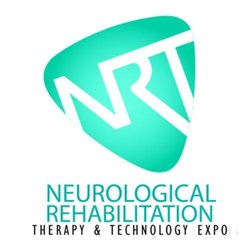 This is one of the highlights of our calendar and a chance to network and meet other professionals in our field as well as gain valuable information to help our clients. We have recently been trialling an amazing piece of technology that may be suitable for some of our clients that experience difficulties with hand mobility and fine motor skills. It was great to hear what their Clinical Specialist, Amy Bean, had to say in her presentaion, regarding products such as the Saebo glove, that have been designed for neurologically impaired. 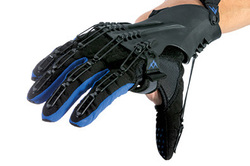 The SaeboGlove consists of a light weight, low profile design that assists neurological and orthopedic clients with finger and thumb extension. The SaeboGlove positions the wrist and fingers into extension in preparation for functional activities. The client grasps an object by voluntarily flexing the fingers. The extension system assists with re-opening the hand to release the object. We were also able to attend lectures from Plymouth University Prof Jon Marsden and his lecture on resisted exercises. Dr Salim Ghoussayni also discussed FES (Functional electrical stimulation) which is a treatment we recommend for some of our clients. Please follow this link to see a factsheet about FES from the MS Trust.
Alongside this brilliant expo, we have been looking into some new software that is available. As a way to improve our service to clients, we are looking at ways people can self manage their physiotherapy when we are not there. To this end, we have been trialling some excellent programmes that will be accessible online and Via e-mail or mobile phones. This means that we can tailor an exercise programme to the specific needs of our clients. We are very excited about all the new technology available. |
NRK BloggersJane Archives
November 2018
Categories |

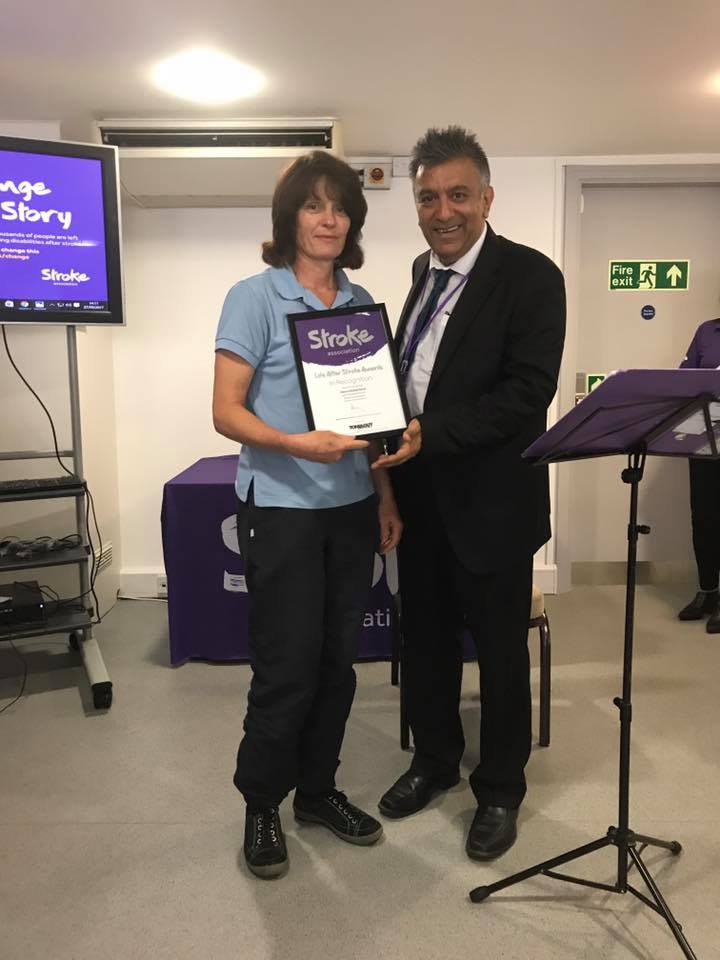
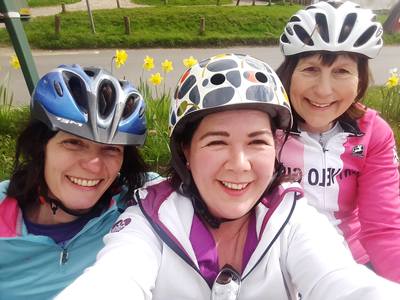
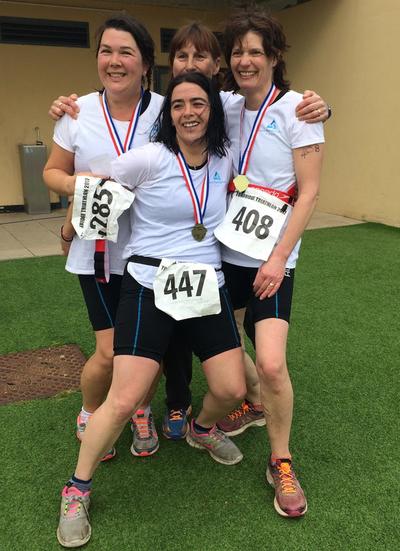
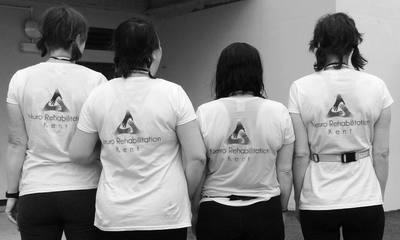
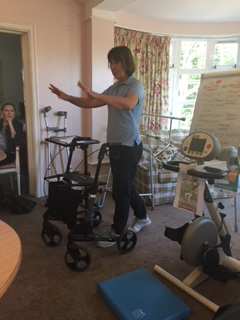
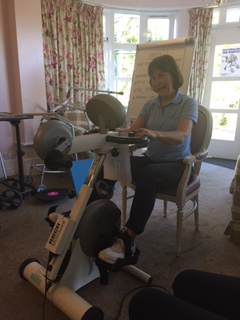
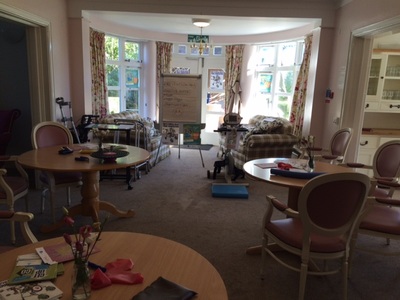

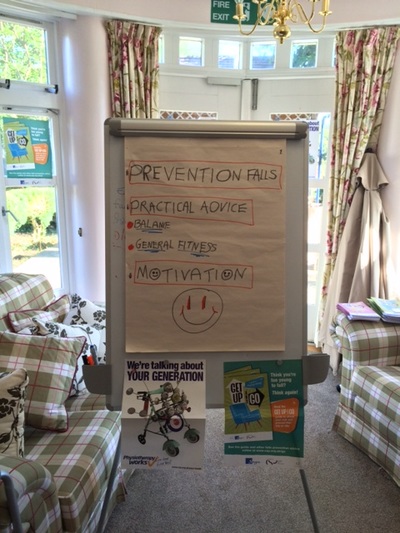
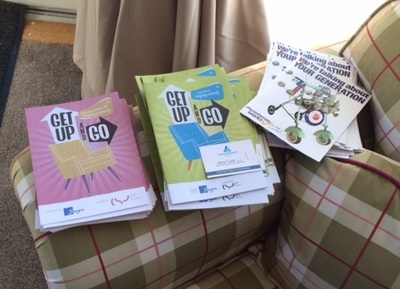
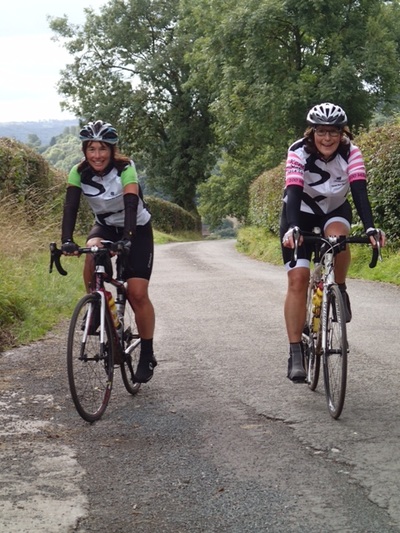
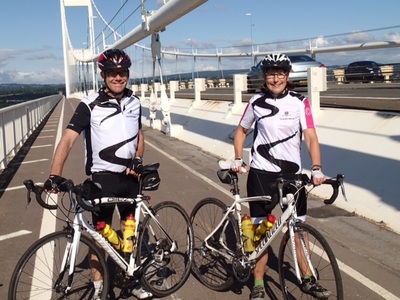
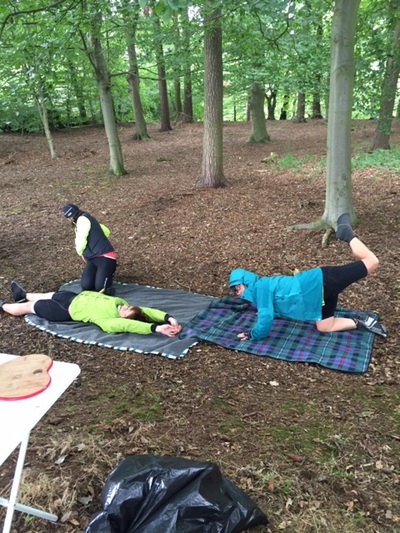
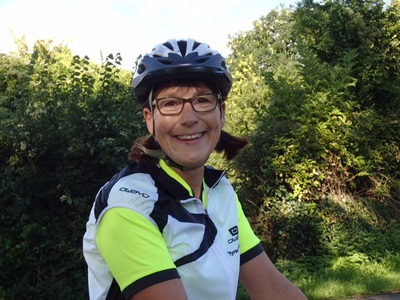
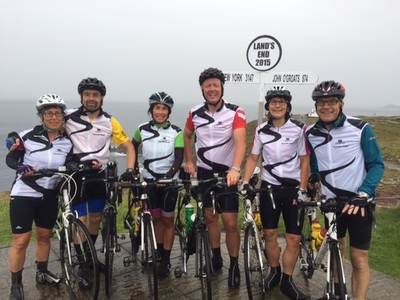
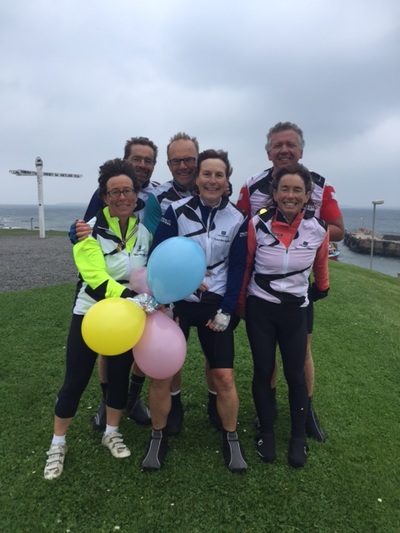
 RSS Feed
RSS Feed
